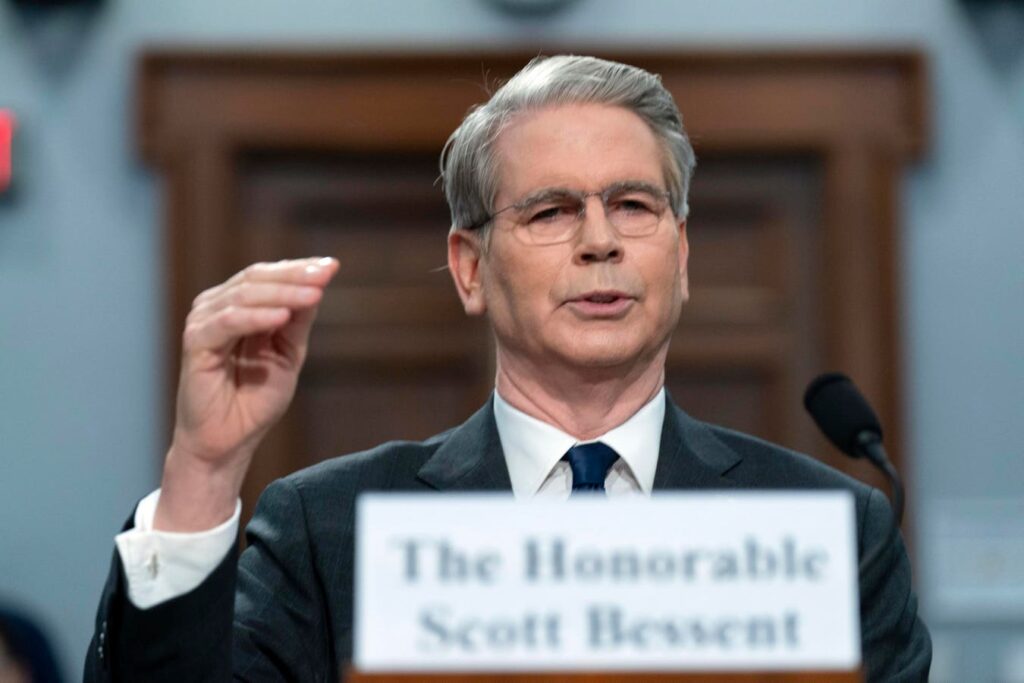The U.S. and China reached a new temporary trade deal. Tariffs are coming down for 90 days and talks are back on. That’s good news for markets and a small break for businesses. But for small firms that rely on Chinese manufacturing, the uncertainty hasn’t gone away.
The agreement, announced Monday, cuts tariffs between the two countries from 125 percent to 10 percent. A separate 20% tariff on Chinese goods imposed over what President Trump says is the country’s role in the fentanyl crisis stays in place, keeping the total U.S. rate at 30%. The 90-day deal came after weekend talks in Switzerland. The S&P 500 jumped about 3% on the news. But that rally didn’t do much to calm small business owners facing long lead times and thin margins.
The way small business owners see it, the agreement is a step in the right direction. But 30% is still a heavy lift. And 90 days isn’t long enough to make meaningful plans. Many are asking for help. A little more time, a little more clarity, maybe some support for U.S. businesses trying to find their footing while the rules keep changing.
Kristin Bear runs Kilo Brava, a lingerie company based in Sarasota, Florida. She’s 40 and built the business from scratch beginning in 2019. It now brings in about $1 million a year in revenue. Bear says she still feels stuck and her immediate reaction to the announcement was frustration. “There has been irreversible damage caused by the tariff policies to my business and there is no easy way out,” she says. Orders are down. Retailers are spooked. Without enough demand, she can’t meet factory minimums. If she skips the fall and winter lines, there’s no new revenue. If she places the order anyway, she could be stuck with overstock she can’t sell.
And maybe that conundrum explains why small business hiring is down across the board. New data analyzed by the Joint Economic Committee, a bipartisan group in Congress that studies economic trends, shows that businesses with fewer than 10 employees have cut more than 366,000 jobs since President Trump took office. That’s a decline of 3%.
Bear’s not just speaking out. She’s also taking the fight to court.
She’s one of several business owners suing the Trump administration. The case, filed by the New Civil Liberties Alliance, a nonprofit legal group focused on challenging executive overreach, argues the tariffs are illegal and asks the courts to throw them out. For Bear, the outcome can’t come soon enough: “2025 will be a horrible year for us and I will have to do an enormous amount of work to build my company back up and to keep it open.”
Lisa Lane, age 59, is in a similar spot. She runs Rinseroo, a New Jersey company that makes hose attachments for bathing pets and cleaning showers. Her company, which secured a deal from Lori Greiner on Shark Tank, has about $5 million a year in revenue and manufactures everything in China. “I’m certainly more comfortable with a 30% tariff than the 80% we feared coming out of Switzerland, though I wouldn’t say I’m thrilled,” she says.
Her factory has already issued marching orders. Ship all completed goods now. Place new orders right away to cover sales through early next year. That might buy time to find new suppliers, but it’s far from given. Lane says pulling that off will take cash she doesn’t have lying around.
It’s better than nothing. But the pressure hasn’t let up.
“We will need to come up with a lot of cash up front to pay for goods months before they sell,” Lane said. “Not fun!”
More From Forbes
Read the full article here











